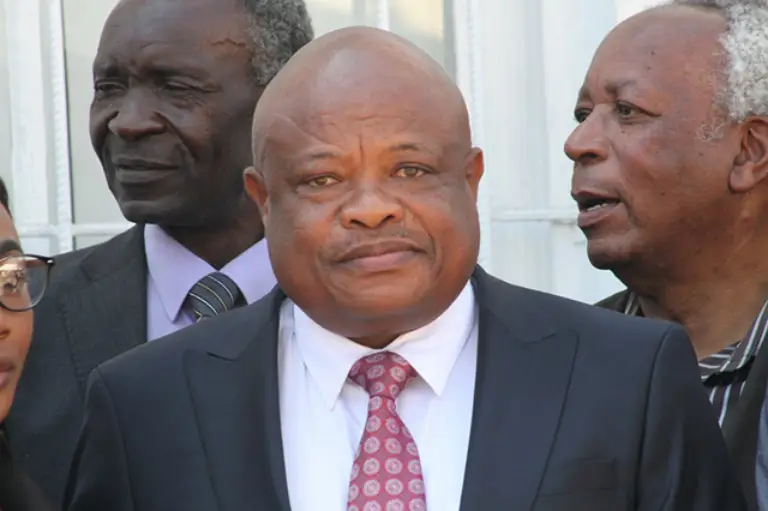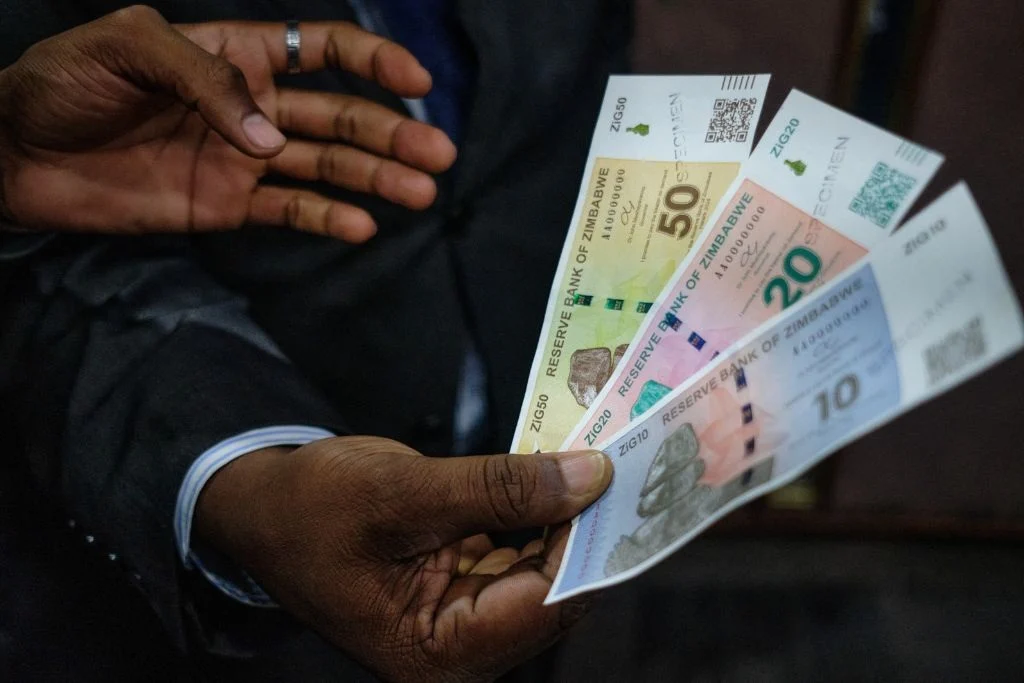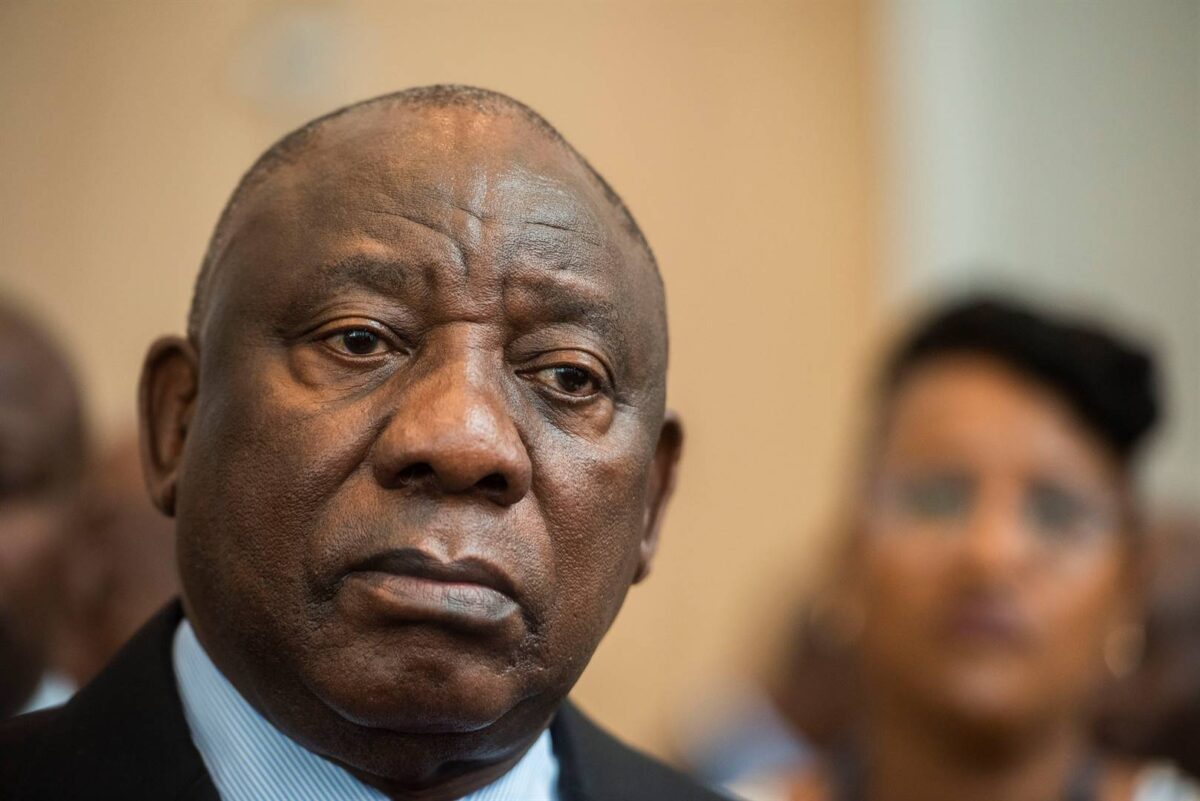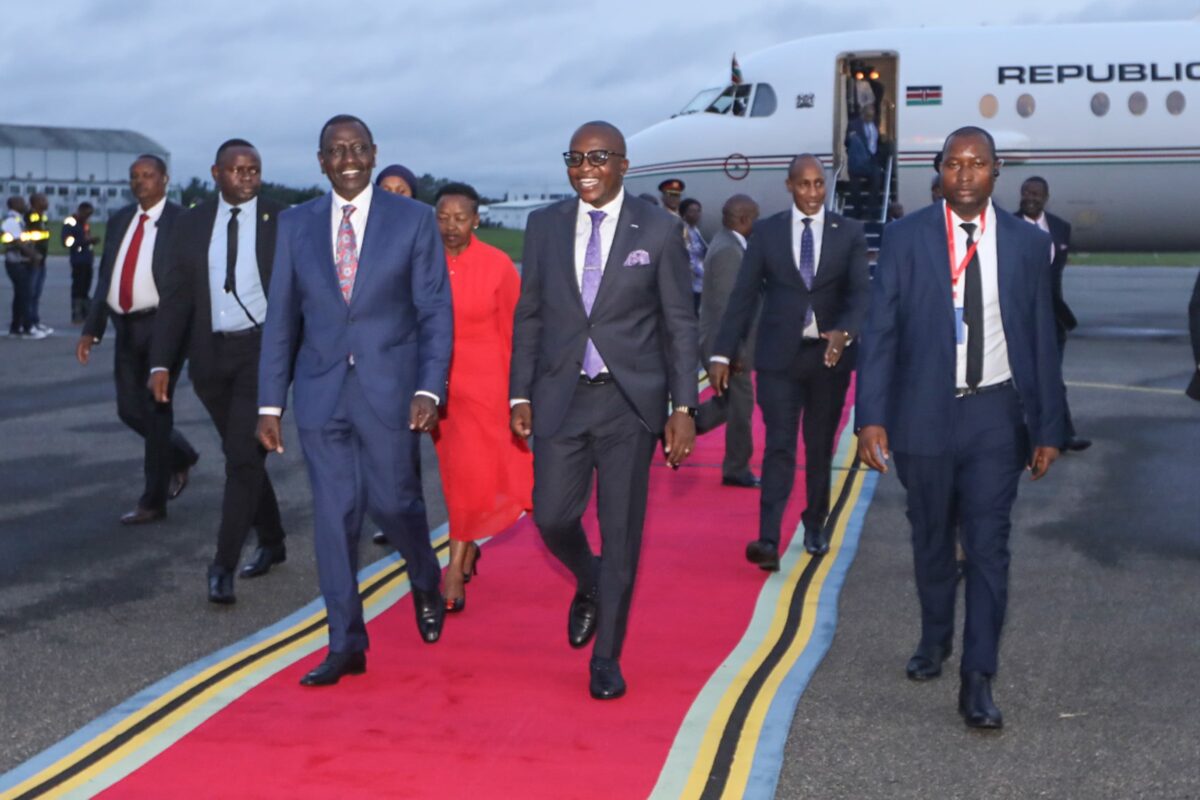HARARE – A High Court judge who quit the bench to escape a corruption investigation is being allowed to write his outstanding judgements in what lawyers say is a legally dubious arrangement.
Webster Chinamora faced a string of corruption allegations and had been due to face a tribunal probing his fitness to stay in office when he abruptly quit hours after President Emmerson Mnangagwa announced the three-member panel chaired by retired Supreme Court judge Ahmed Ebrahim two weeks ago.
Legal experts say it is standard practice for resigning or retiring judges to be asked to finish writing judgements for concluded matters but say Chinamora’s case is distinguishable because he was effectively suspended when the tribunal was appointed, and only a favourable outcome from the hearings would have lifted the suspension.
Having quit before the hearings begun, an inference could be drawn that he was trying to escape a guilty verdict, lawyers who spoke to ZimLive.com said.
Pressure will pile on Chief Justice Luke Malaba, who was accused by prominent rights lawyer Beatrice Mtetwa of protecting Chinamora following a Judicial Service Commission (JSC) recommendation as far back as March that the judge should be investigated by a tribunal.
Mnangagwa only acted after Mtetwa wrote him an open letter threatening to take him to court for failing to uphold his oath of office.
“Malaba has asked Chinamora to write all his judgments that were outstanding at the time of his resignation,” a source familiar with the matter said.
Three lawyers who spoke to ZimLive anonymously for fear of reprisals said any judgements passed by Chinamora after his resignation in shame would carry a stink of corruption.
“Chinamora was suspended by operation of law once Mnangagwa appointed the Ebrahim tribunal and that suspension could only be uplifted by the tribunal finding that he was not guilty of the charges he was facing,” one lawyer said.
“Whilst at law a judge who resigns can complete all their outstanding matters, Chinamora’s situation is different in that he only resigned after he had been suspended that is to say, he resigned after he had lost the authority to determine matters.
“That being the case and the suspension never having been lifted, he cannot discharge judicial function.”
A second lawyer noted that “besides the rank illegality, it must not be lost that Chinamora resigned as a way of avoiding an inquiry into acts of misconduct of which corruption was an essential ingredient.”
He added: “The unlawful arrangement made by Chief Justice Malaba means Chinamora can afford to be more corrupt without consequence.”
The third lawyer said the JSC no longer has any jurisdiction to supervise Chinamora owing to his resignation in the face of the appointment of the tribunal.
“All the JSC can do in the face of allegations of misconduct is to recommend the appointment of a tribunal. Now, if allegations are raised against Chinamora over these judgements he is writing, the JSC can no longer recommend the appointment of another tribunal,” he opined.
“We now have this unhappy situation in terms of which Malaba has all but given Chinamora the chance to pay himself a pension, on his own terms. What if the rot we are now going to see as he writes these judgments is worse than what led to the appointment of the tribunal?
“Beyond any doubt, Chief Justice Malaba is a shameless constitutional delinquent who has dragged the judiciary into the mire. Something must be done to stop him.”
JSC secretary Walter Chikwana said he was out of the country and not briefed on the matter, but added: “In terms of the law, a judge who resigns can be allowed to complete his matters.”















